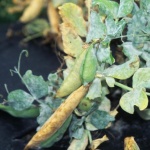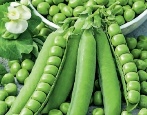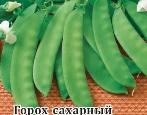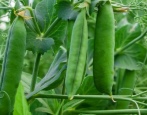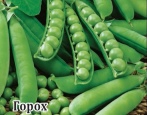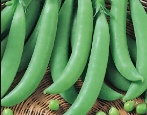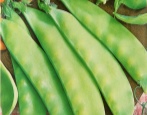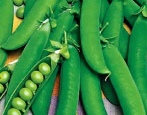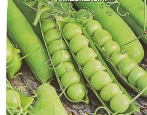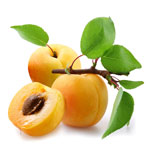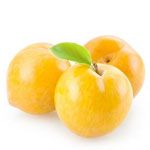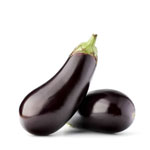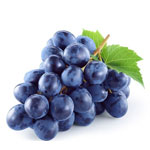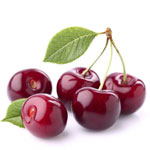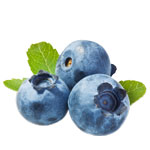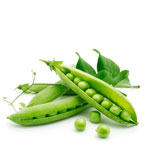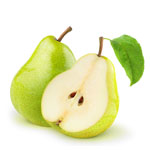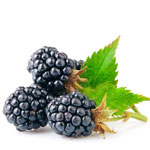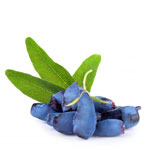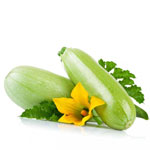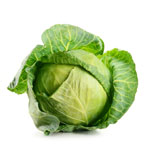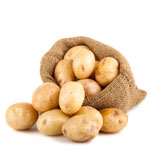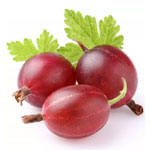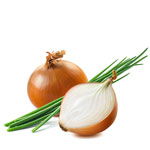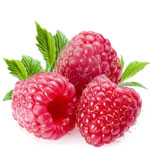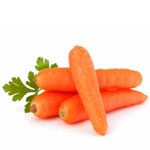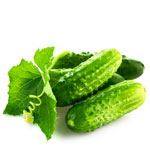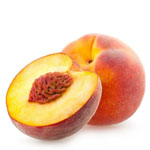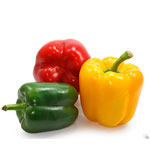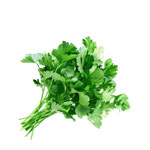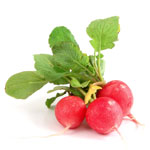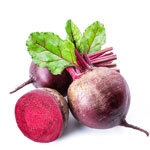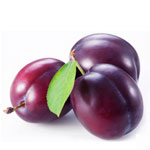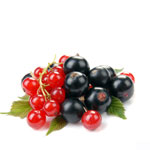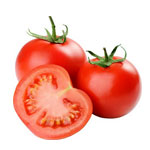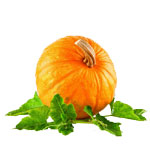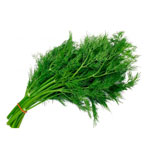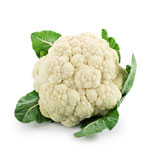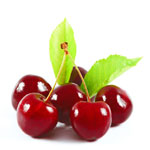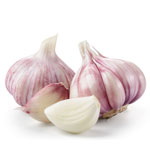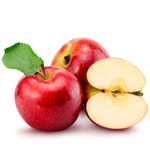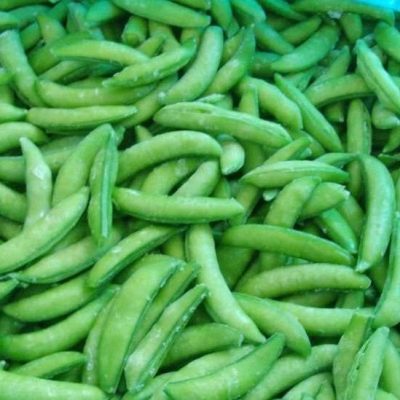
- Authors: Gavrish S.F., Morev V.V., Amcheslavskaya E.V., Volok O.A.
- Year of approval: 2013
- Ripening terms: mid-late
- View: sugar
- Stem length, cm: 65-85
- Sheet: normal type, medium to large leaves, light green to green with a waxy coating
- Stipules: medium to large with a waxy coating and medium spotting
- Flowers: reddish purple, large
- Parchment layer: without parchment layer
- The height of the location of the first bean above the soil surface: 30-35 cm
Refined peas are a sweet variety that pleases with ease of care and the ability to grow even in harsh conditions. It is worth considering in more detail the description and characteristics of the culture.
Breeding history
The Rafinad variety was bred by domestic breeders not so long ago. In 2013, scientists managed to get a high-yielding culture, which was almost immediately included in the State Register of the Russian Federation.
Description of the variety
Refined sugar belongs to the group of plants with a medium-late ripening period. Among the main characteristics:
- length - 65-85 cm;
- medium to large sized leaves are light green / green;
- strong root system.
Peas form large flowers with a reddish-purple hue, which then become sweet fruits. The high-yielding variety quickly gained popularity among gardeners. Today peas are grown in many regions of the country.
Characterization of the appearance of plants, beans and seeds
A vigorous plant with a strong stem, suitable for growing both outdoors and in greenhouses. Pea beans and seeds characteristics:
- slightly curved pods;
- pea shoulder length - 7.5-9 cm;
- the number of peas in a pod is from 7 to 9 pieces.
The average weight of one pea is 8 g. The beans have a dense peel, which makes it easy to transport or freeze them without losing their taste and useful properties.
Purpose and taste
Refined peas have excellent taste, which were appreciated by the tasters. Juicy and sweet fruits are suitable for consumption both fresh and for preservation for the purpose of subsequent use in soups, salads, main courses.
Ripening terms
A distinctive feature of the variety is good seed germination. You can start harvesting in about 2.5-3 months. The average ripening period is 48-62 days from the moment the seeds are planted in the ground.
Yield
From one square meter, Rafinade allows you to collect up to 1.5 kg of ripe and juicy beans.
Growing and care
Before you start planting peas, you should prepare carefully. At the same time, attention should be paid to both the seed and the soil in which the crop is planned to be planted. As for the soil, it is recommended to fertilize it abundantly in the fall, so that in the spring the peas quickly take root and start active growth.
Seed preparation takes place in several stages.
- Selection. This involves soaking the seeds in a glass of warm water for 24 hours to weed out empty samples. Whole peas will remain at the bottom and can be planted.
- Disinfection. It is carried out by keeping the peas in a solution of potassium permanganate for 2-3 hours.
- Treatment. For a day, peas should be soaked in a growth stimulant solution, which will accelerate the growth of the culture.
It is not necessary to germinate peas before planting, as they will quickly take root in fertile soil.Therefore, after processing, you can immediately start planting. Scheme:
- between the peas in a row it is worth retreating 15 cm;
- between the rows it is necessary to maintain 30 cm;
- planting depth - 4-6 cm.
At the end, it will remain to fill the grooves with seeds with soil residues and water abundantly. Caring for a plant involves the following steps.
- Watering. Should be regular - 1-2 times a week. It is better to add water to the soil in the morning or in the evening to prevent the plant from burning by the sun's rays. During the dry season, watering should be increased, in the rainy season, stop for a while.
- Top dressing. Peas don't need a lot of fertilizer. Organic or mineral complexes can be introduced during the period of active growth and flowering.
- Weeding and loosening. Mandatory procedures that will accelerate the growth of the culture and prevent the spread of various diseases.
- Garter. The variety can do without a garter, but gardeners recommend not to bypass this procedure. In this case, the stems should be tied up with a cloth or garden wire to the supports.
Proper plant care will allow you to get a bountiful harvest from succulent beans.

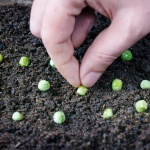
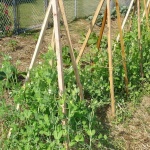
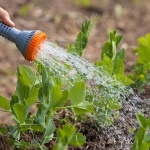
Soil requirements
It is recommended to plant Refined peas on fertile soils where vegetables were previously grown, requiring a large amount of organic and mineral fertilizers. Additional recommendations for choosing a location:
- the site must be sunny and calm;
- the groundwater level must be low, otherwise drainage will need to be provided;
- before planting, you should additionally fertilize the soil and loosen it.
With the right choice of a site for planting peas, it will be possible to get a bountiful harvest.
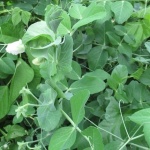
Disease and pest resistance
Refined sugar is distinguished by strong immunity, but this does not mean that peas do not need additional processing. Gardeners advise, in order to prevent, soak the seeds before planting in a solution of potassium permanganate, and also during the growth of the culture to carry out additional spraying with weakly concentrated solutions.
